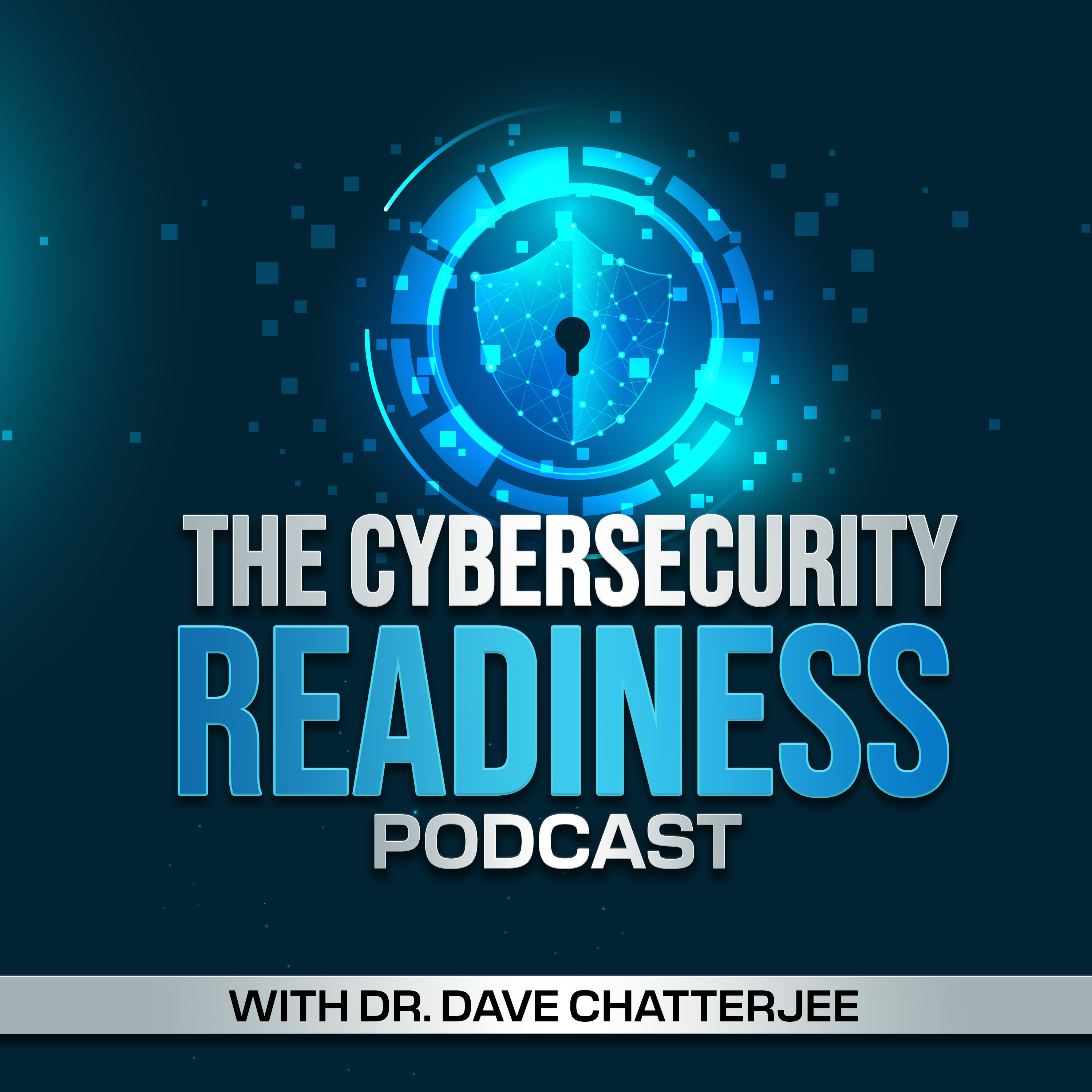Episode 65
Securing the Future: Inside Student-Led Cybersecurity Clinics
Student-led cybersecurity clinics are increasingly playing an essential role in strengthening the digital defenses of nonprofits, hospitals, municipalities, small businesses, and other under-resourced organizations in our communities while also developing a talent pipeline for cyber-civil defense. Sarah Powazek, Program Director - Public Interest Cybersecurity at the University of California, Berkeley Center for Long Term Cybersecurity (CLTC), sheds light on this important development. One of the highlights of the discussion was the recognition that the cybersecurity field is such a melting pot of different skill sets. In Sarah's words, "it's actually one of the biggest advantages we have; threats are changing every day. If we don't have folks from different backgrounds and different life experiences, we're really not going to be prepared; we're not going to be able to adapt."
To access and download the entire podcast summary with discussion highlights --
https://www.dchatte.com/episode-65-securing-the-future-inside-student-led-cybersecurity-clinics/
Connect with Host Dr. Dave Chatterjee and Subscribe to the Podcast
Please subscribe to the podcast, so you don't miss any new episodes! And please leave the show a rating if you like what you hear. New episodes release every two weeks.
Connect with Dr. Chatterjee on these platforms:
LinkedIn: https://www.linkedin.com/in/dchatte/
Website: https://dchatte.com/
Cybersecurity Readiness Book: https://www.amazon.com/Cybersecurity-Readiness-Holistic-High-Performance-Approach/dp/1071837338
https://us.sagepub.com/en-us/nam/cybersecurity-readiness/book275712
Latest Publications:
Preventing Security Breaches Must Start at the Top
Latest Webinars:
How can brands rethink data security to maintain customer trust?
Cybersecurity Readiness in the Age of Generative AI and LLM
Insights for 2023, Cybersecurity Readiness with Dr. Dave Chatterjee

